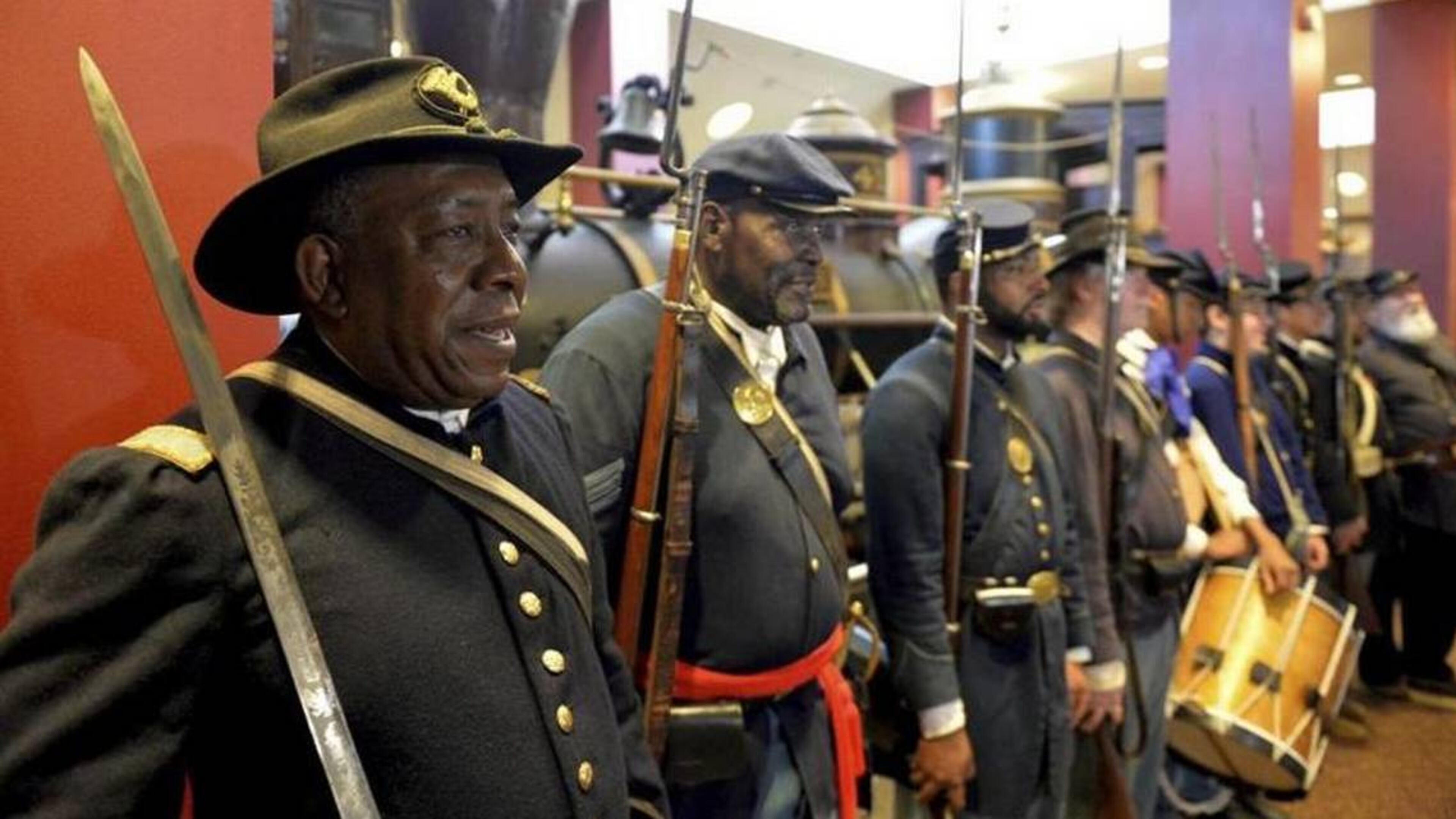‘This is our shared history.’ Macon library helps preserve local Black contributions

This story was originally published by The Telegraph.
Muriel Jackson, head of the Genealogical and Historical Room at the Washington Memorial Library, refuses to allow the memories of Macon’s rich culture to fade away as she prioritizes collecting and preserving historical heritage for future generations.
Jackson helped establish the Middle Georgia Regional Library’s African American History Committee in March 2023 to shed light on Macon’s Black history, which she realized required more awareness and documentation after older residents who were active in the community passed away and no one stored their informative belongings or knew of their contributions.
“I started to realize that things were being lost,” she said. “We started to see that residents didn’t know who these [influential] people were in the African-American community, as well as the general population.”

Jackson encourages prospective members to join the multiracial 50-member group and gather whatever they can that has significance to Macon’s Black history, including photographs of demolished buildings, oral traditions and church brochures.
Regardless of ethnicity or age, “We’ve got to get all people to acknowledge their contributions to the Macon community,” Jackson added.
Members currently meet on the third Wednesday of each month at 4 p.m. in the Washington Memorial Library.
The public can access the committee’s work through the Middle Georgia Archives, which houses the majority of the region’s history, Jackson said.
Who is Muriel Jackson?
Jackson has worked at Middle Georgia Regional Library for 34 years. She described her archivist role as a “constant learning” factor before thanking Herbert Tuggle, her first boss at the library’s reference desk, for encouraging her to identify her expertise in research.
Jackson will speak at a dedication event on Feb. 21 to recognize Tuggle’s contributions to the community as Middle Georgia Regional Library’s first African American head of reference.
“He was everybody’s head of reference librarian,” Jackson said. “He wasn’t just a resource for the African American community.”
But the preservation of Macon’s history also lies in the hands of the community’s efforts to learn its history and document more often, Jackson said.

“There will come a time when those who were responsible for the history being created will not be here,” she said. “If we’re not here to tell the story and we haven’t documented what contributions were made, no one will know the story to tell. We can’t be in the pages [of history] if we don’t preserve our information to get it written down accurately in the first place.”
The library committee isn’t the only local group trying to preserve and educate the public about Macon’s heritage.
The Enslaved People Project kicked off this year’s Black History Month with a presentation at Mercer University, revealing digitized access to the untold stories of Middle Georgia’s African American slaves from the 19th century.
The project is a collaboration between Bibb County Superior Court Clerk Erica Woodford, Mercer University Department of Africana Studies and Mercer University Libraries.
In 2013, Woodford accidentally stumbled upon more than 980 hand-written deeds of slave transactions in Macon while conducting a routine inventory at the courthouse.
“Looking at those records just gave me chills. I was shocked and amazed,” Woodford said. “I was also excited because I knew I had found a treasure.”

Since then, the Macon native and Mercer University alumna has been calling the project a special aspect of the city’s history, especially because it involves primary-source documents that have been at the courthouse since 1823.
The public now has free access to about 6,000 hand-written slavery documents that show how Black people were treated as property and recorded in deeds along with other commodities, Wordford said. Free access to these documents is available through visiting the Bibb County Courthouse during office hours or viewing transcribed documents online at https://recordhub.cottsystems.com.
Woodford said she’s willing to collaborate with any goal-oriented organization that wants to preserve these bits of history that are significant to both the state and country.
“Because this isn’t just Black history or Macon history — this is American history,” she said. “This is our shared history, and through knowledge of this shared history, we can only get better as people. We only grow stronger together.”

MEET OUR PARTNER
Today’s story comes from our partner, The Telegraph in Macon. The Telegraph provides daily coverage of community news, events, and sports in Macon and middle Georgia at macon.com.
If you have any feedback or questions about our partnerships, you can contact Senior Manager of Partnerships Nicole Williams via email at nicole.williams@ajc.com.
